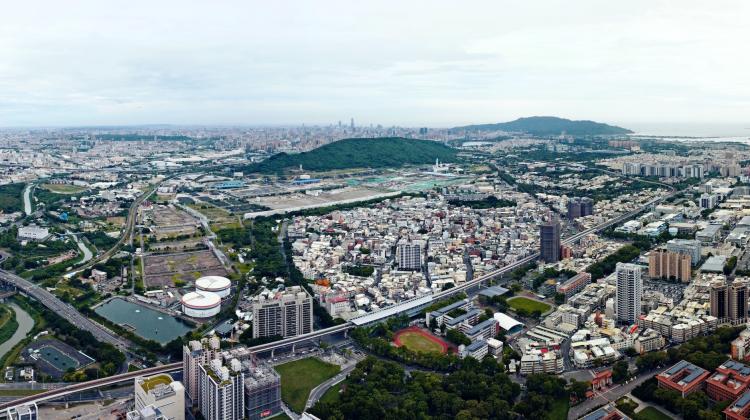Reframing Extended State Infrastructure Power

The discourse of the 2024 US Presidential election surrounding international competition focused not on individual companies but rather framed the competition on the scale between nation states, for example, the US versus China. The international competition in question encompasses control over the development of infrastructure, control of digital spaces, the production of goods and influence over global finances. This economic rivalry - which is championed by state-affiliated firms - competes for the global supply chains and international partners, particularly in the development of other countries seeking infrastructure aid. Some scholars have described the current U.S.-China competition as a “second cold war.” They argue that, rather than direct conflict between competing “blocs” as in the first Cold War, the U.S. and China are engaged in “network based competition” to establish control of global infrastructure, trade, digital, and other networks. But does this framework accurately capture the reality of today’s geopolitical economic landscape?
Utilizing case studies in Thailand and Taiwan, Andrew Stokols and Justin Kollar explore how states caught in the competition between the major powers pursue their infrastructure goals. Their analysis highlights how geopolitical rivalries manifest in infrastructure projects and explores the conditions under which state territorial strategies align with the interests of major corporate actors to enable the successful execution of such projects.
“Thailand and Taiwan are deeply embedded within global value chains, the full range of activities involved in bringing a product to market, in various ways. Their positionality within global value chains sets them apart from the smaller, lower-income countries typically examined in research on China’s Belt and Road Initiative,” says Kollar and Stokols. “In light of the growing importance of global supply chains and network-based competition, our approach eschews methodologically nationalist conceptions of the ‘infrastructure state’, as well as analyses privileging U.S.-China competition as the primary logic driving the spatial planning strategies of third states. We introduce the term ‘extended state infrastructural power’ to account for how the exercise of state power frequently relies on extended networks that include both formal state agencies and major domestic firms.”
Kollar is a doctoral candidate at the Leventhal Center for Advanced Urbanism (LCAU), specializing in the intersections of digital infrastructure, industrial policy, and spatial planning. His research focuses on developing innovative methods to create more sustainable, walkable, and equitable urban environments. Kollar’s dissertation examines the geopolitics and socio-environmental impacts of semiconductor production and cloud infrastructure in the U.S., Taiwan, and the Pacific Basin, shedding light on their transformative effects on territories and communities.
Stokols (PhD ‘24) is a lecturer and postdoctoral research fellow at DUSP and a research affiliate at Harvard Kennedy School. His research explores varieties of digital urbanism emerging throughout the world, drawing on the perspectives of political science, science and technology studies (STS), and urban theory to explore the co-evolution of urban space and digital technologies as well as the ways in which national governments increasingly use urban development to incubate new economic sectors and project national power.
Read their full paper, "Extended state infrastructure power in an age of networked competition: The cases of Thailand and Taiwan"


